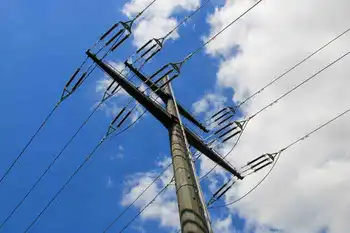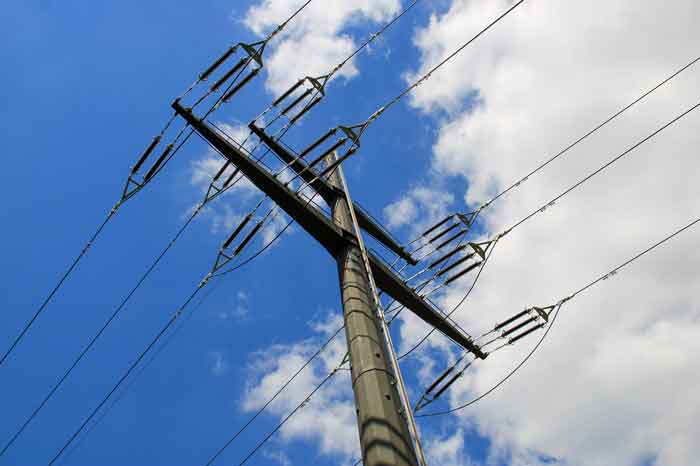Tampa Electric invests in peaking power units
Four of the units will be single-fuel natural gas and will be located on the site of the existing Bayside Power Station in Tampa. One dual-fuel (natural gas and fuel oil) unit will be located at the Big Bend Power Station in Apollo Beach. The simple-cycle turbines are expected to be in commercial operation by the fourth quarter of 2009 and will provide power to approximately 65,000 homes on a winter peak day.
“The $237 million total project investment includes these new peaking units that will provide Tampa Electric with the flexibility to meet the growing needs of our customers in a safe, reliable and cost-effective manner, while continuing to meet our environmental responsibilities,” said Chuck Black, president.
The new peaking units will be equipped with black start capability. Black start capability will allow power from the peaking units to be used to start the other larger generating units at each of the stations, should power from the system not be readily available.
The Bayside Power Station, part of a more than $1.2 billion 10-year environmental program, is an 1,800-MW natural gas-fired power station that was built when the company retired its coal-fired Gannon Power Station.
The Big Bend Power Station is currently installing state-of-the-art selective catalytic reduction (SCR) equipment to further reduce the plantÂ’s emission levels, also part of the $1.2 billion environmental program. When the $330 million SCR project is completed in 2010, the approximately 1,700-MW Big Bend Station will be one of the cleanest pulverized coal power plants in the country.
Tampa Electric recently completed its Chicago Climate Exchange Phase I greenhouse gas reduction commitment. With an actual system-wide reduction of 20 percent, the company far surpassed the CCX Phase I requirement of 4 percent below the average of the years 1998-2001. The Chicago Climate Exchange (CCX), launched in 2003, is the worldÂ’s first and North AmericaÂ’s only active voluntary, legally binding integrated trading system to reduce emissions of all six major greenhouse gases (GHGs), with offset projects worldwide.
Emissions reductions across Tampa Electric's generating fleet have been the cornerstone of the $1.2 billion environmental commitment the company made in 1999. Compared to 1998 levels, Tampa Electric reduced overall sulfur dioxide emissions by 93 percent and nitrogen oxide emissions by 60 percent (90 percent by 2010). By the same comparison, the company also reduced overall mercury and particulate matter emissions by more than 70 percent. These reductions, in addition to the fact that the company cut carbon dioxide emissions by 23 percent since 1998, have helped establish Tampa Electric as an industry leader in emissions reductions.
To complement and reduce the need for conventional generation, Tampa Electric continues to focus on partnering with customers to increase their energy efficiency. In October 2007 the company received permission from the Florida Public Service Commission to expand its existing portfolio of energy efficiency programs by adding 13 new programs and modifying nine existing programs. Almost 400,000 customers have participated in Tampa ElectricÂ’s conservation programs to date.
From 1979 to 2007, the companyÂ’s conservation programs have offset the need to generate enough electricity to serve more than 550,000 average-size homes over a 12-month period.
Tampa Electric is also in the final stages of evaluating responses to its request for proposals for 150 megawatts of energy from renewable sources.
Related News

Electrifying Manitoba: How hydro power 'absolutely revolutionized' the province
WINNIPEG - The first electric light in Manitoba was turned on in Winnipeg in 1873, but it was a century ago this year that the switch was flipped on a decision that would bring power to the fingertips of people across the province.
On March 12, 1873, Robert Davis — who owned the Davis House hotel on Main Street, about a block from Portage Avenue — used an electric arc light to illuminate the front of his building, according to A History of Electric Power in Manitoba, published by Manitoba Hydro.
That type of light used an an inert gas in a…





